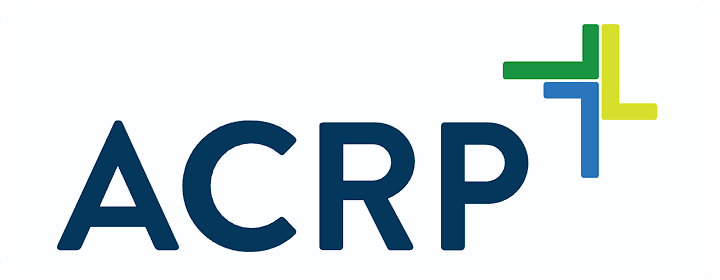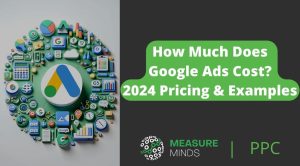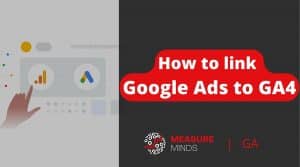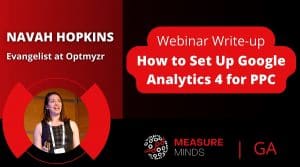Utilising advanced tracking via GA & GTM to better determine the origin of customers we saved our client £75,000 in wasted ad spend and then generated millions with better allocation.
We’re Google Ads experts


Manager




Also experts in…
Google Analytics, Google Tag Manager & the Google Cloud Platform
What we did for our clients
How our Google Ads management services work
Maximise your advertising budget with our Google Ads management services. Our team of experts will handle everything from campaign creation to optimization, ensuring you get the best results for your business.
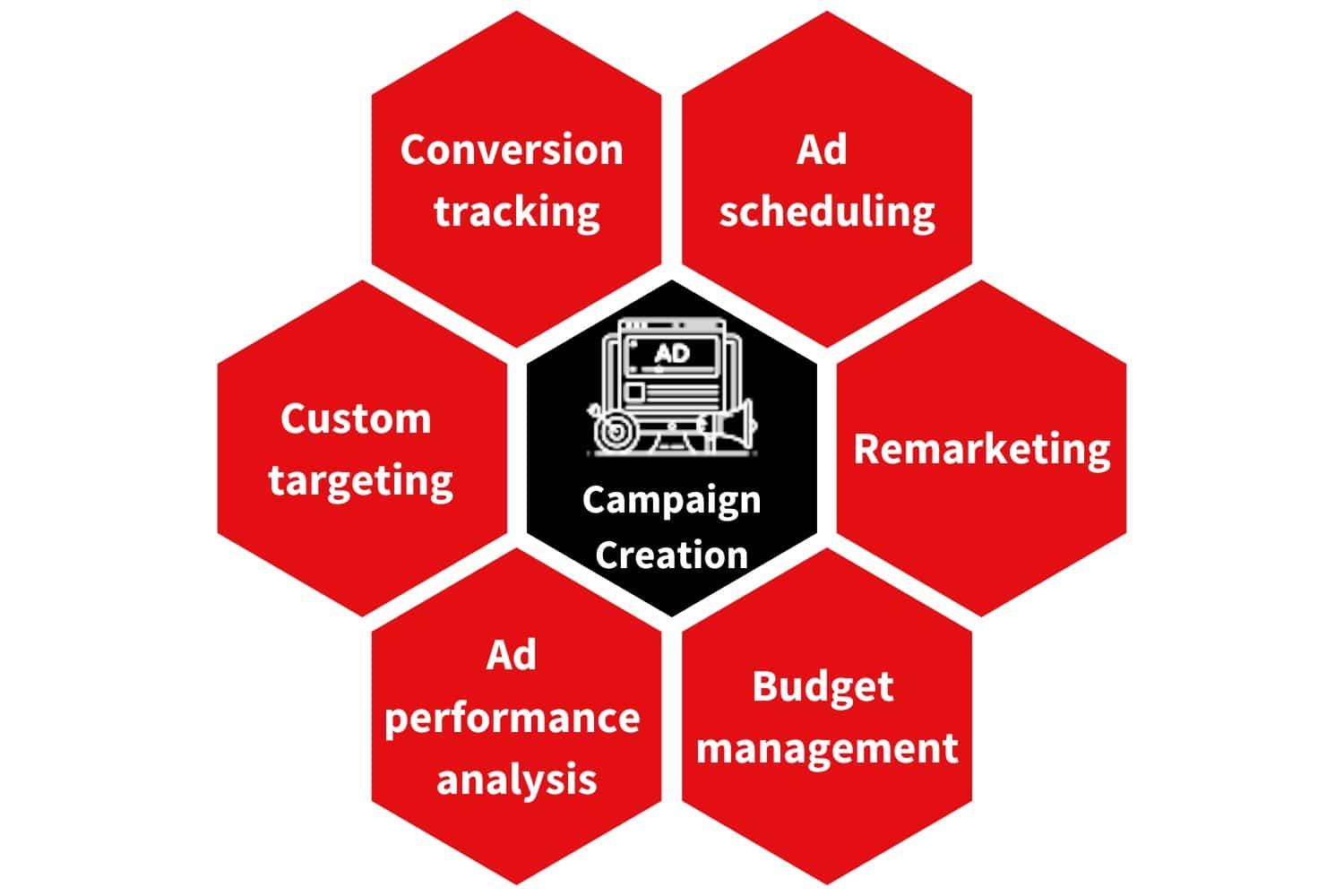
Google Ads campaign creation
Some of the MeasureMinds team have been working with Google Ads (previously AdWords) since it's release back in 2,000. Yep. So we know the ins and outs of making a world-class campaign.
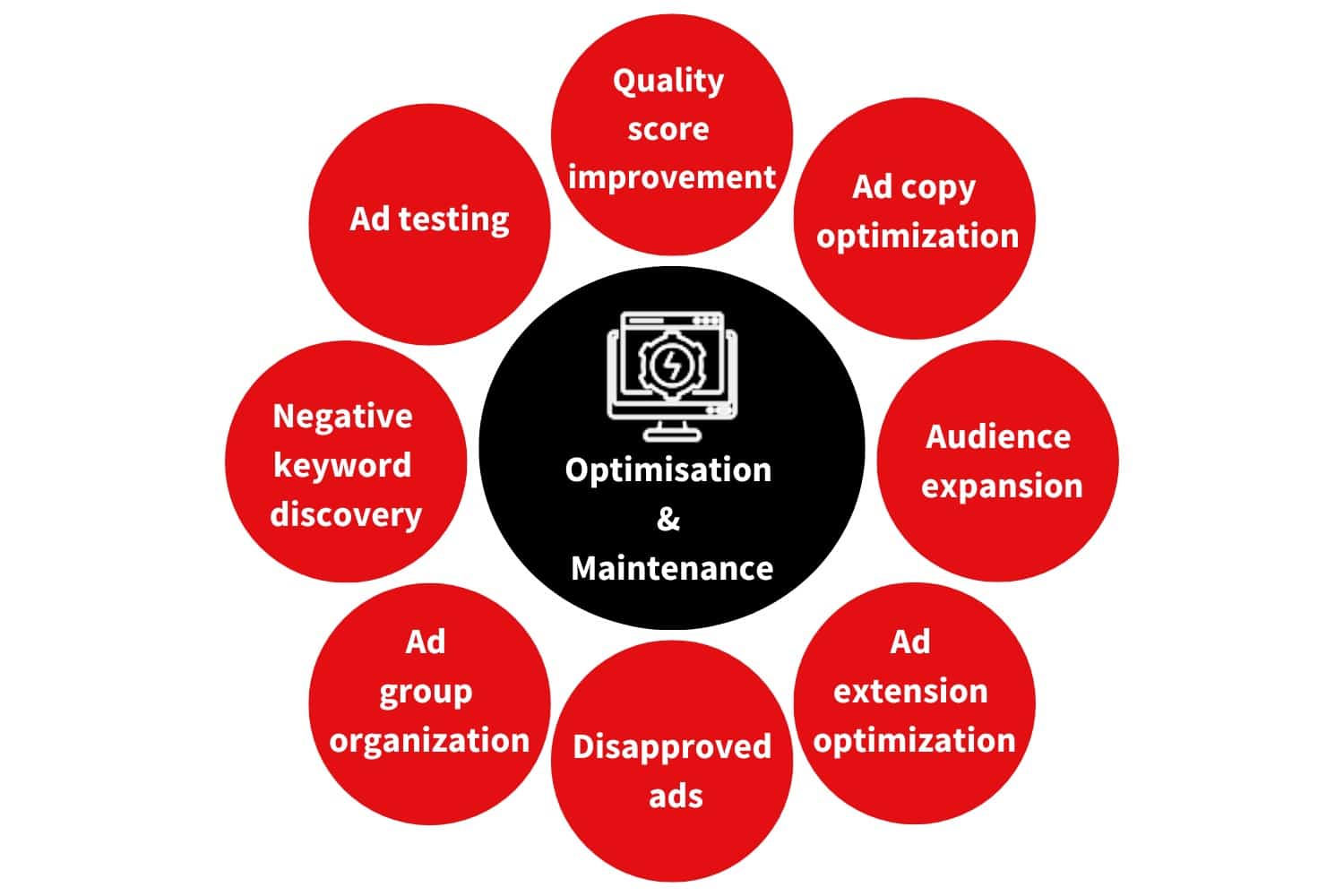
Google Ads optimisation & maintenance
With our years of experience and backed by the power of data and knowledge of the Google Cloud Platform we can keep you ahead of the curve.


Google Ads management services powered by Google Analytics, Google Tag Manager and CRO experts

Google Analytics

Google Tag Manager

Conversion rate optimisation
Google Ads management services FAQ
Some benefits of using Google Ads management services include:
- Increased efficiency: By using a professional service, you can save time and effort when managing your Google Ads campaigns.
- Expertise: A Google Ads management service will have a team of experts who are highly skilled and knowledgeable in creating and optimizing campaigns.
- Improved performance: By using the right strategies and techniques, a Google Ads management service can help you achieve better results and a higher return on investment.
- Targeted advertising: A professional service will be able to help you target the right audience with your campaigns, which can result in more leads and sales.
- Increased traffic: With a well-managed campaign, you can expect to see an increase in website traffic, which can lead to more leads and sales.
- Better analytics and reporting: A professional service can provide you with detailed analytics and reports, which can help you track the performance of your campaigns and make data-driven decisions.
Because MeasureMinds are also digital analytics experts, we can set up Google Analytics and Looker Studio reporting that can help measure the success of paid advertising campaigns. We can also set up custom tracking via Google Tag Manager to measure certain aspects of your campaign that you wouldn’t ordinarily be able to do.
This is a broad question as there are many actions we will take to improve your ROI. But here are some of the main elements:
- Target the right audience: Use targeting options such as demographics, interests, and behaviours to reach the right people with your ads. We’ll base our suggestions on the use of data.
- Use relevant keywords: Research and choose the most relevant keywords for your business and industry to ensure that your ads are being seen by people who are searching for products or services like yours.
- Optimise ad copy and landing pages: Make sure your ad copy is compelling and relevant, and that your landing pages are optimised for conversions.
- Use ad extensions: Ad extensions such as callout extensions and structured snippets can help improve the visibility and click-through rate of your ads.
- Monitor and adjust bids: Continuously monitor your campaigns and adjust bids to ensure that your ads are appearing in the most valuable positions and that you’re getting the best return on your investment.
- Utilise A/B testing: Experiment with different ad formats, ad copy, and targeting options to see what works best for your business.
- Use remarketing: Create remarketing campaigns to target people who have interacted with your website in the past, this can help you increase your ROI by reaching people who are more likely to convert.
- Optimise your campaigns for mobile devices: Make sure your ads and landing pages are optimized for mobile devices, as many people now use their smartphones to search the web and make purchases.
- Utilise automated rules: You can use automated rules to pause or adjust bids on underperforming keywords, ads, and ad groups, which can help you optimise your campaigns and improve your ROI.
Google Ads and SEO both have an effect on Google search. However, Google Ads does go beyond Google search and can be used for remarketing and ad placements, like the ads before a YouTube video.
In terms of Google search results, with Google Ads, you pay to be placed above (and sometimes below) what’s called the organic search results. How much you pay depends on the competitiveness of the keyword and how relevant your website is to that keyword too.
With SEO your efforts affect your organic search positioning. The idea is that you want to be the first result because the first result gets the highest amount of clicks. You can get to the first result via a number of methods and it often requires using a few in conjunction with each other.
The main difference here is that with Google Ads you pay to be at the top of the search results (however it is displayed that it is an advertisement by a small ‘ad’ symbol), whereas, with SEO, you can’t just pay to be at the top.
Often it’s good to go with a mix of both strategies typically, but not always, using Google Ads for purchase-based keywords and SEO for informative keywords.
Some situations where you might consider using Google Ads include:
- Launching a new product or service: Google Ads can help you generate buzz and increase visibility for your new offering.
- Increasing brand awareness: If your goal is to increase awareness of your brand, you can use Google Ads to reach a large audience quickly.
- Driving website traffic: Google Ads can help you drive targeted traffic to your website, which can lead to more leads and sales.
- Generating leads: By using lead generation forms or call-only campaigns, you can use Google Ads to generate leads and grow your customer base.
- Promoting a sale or event: Google Ads can be used to promote sales, discounts, and events to attract more customers.
- Increasing e-commerce sales: By using Google Shopping campaigns, you can reach customers who are searching for products like yours and drive more sales.
- Reaching a local audience: Google Ads can be used to target specific locations, allowing you to reach a local audience and drive foot traffic to your brick-and-mortar store.
- Recapturing lost customers: Use remarketing campaigns to target people who have interacted with your website in the past and try to win them back.
Yes and Google Ads should definitely be integrated with other platforms. This helps ultimately helps to achieve better results by giving you an understanding of your customer journey and getting the data to create more effective campaigns. Here are just a few of the many types of integrations:
- Google Analytics: Provides more detailed and accurate tracking and reporting of ad performance.
- Google MyBusiness: Create ads that include information from your business listing, such as your address, phone number, and reviews.
- E-commerce Platforms: Allows you to create product listing ads that dynamically pull information from your product catalogue, which can help increase your sales.
- CRM software: Helps you track leads and conversions, automate follow-up tasks, and get a better understanding of the customer journey.
- Social Media Platforms: Allows you to run cross-channel campaigns that reach customers on different platforms.
- Email marketing platforms: Retarget email subscribers with remarketing campaigns or even create specific campaigns targeting them.



